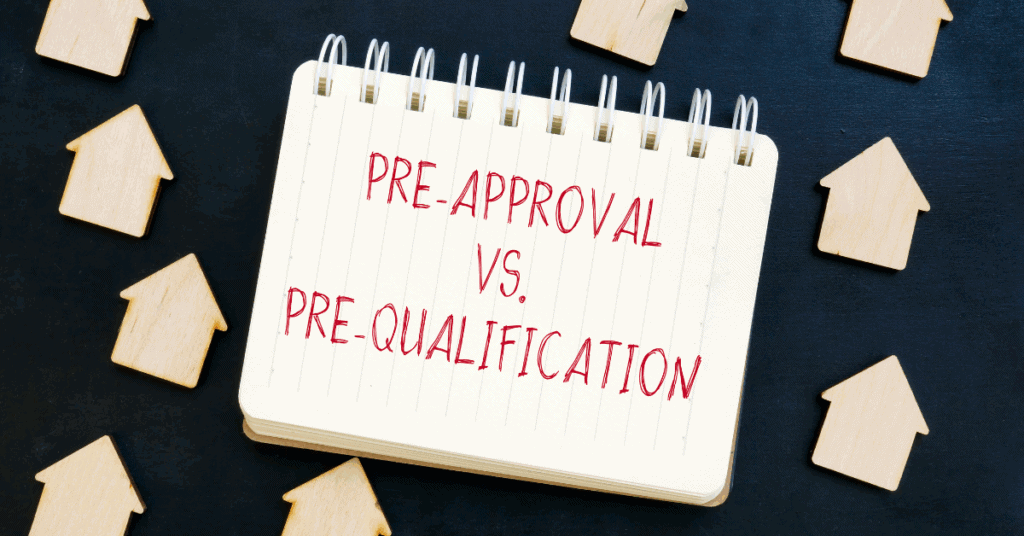Get Expert Financing
- Matched with investor-friendly lenders
- Fast pre-approvals-no W2s required
- Financing options fro rentals, BRRRR, STRs
- Scale your portfolio with confidence
Buying your first home is a milestone worth celebrating—but it also requires serious financial planning. One of the most important tools in your toolkit? A First-Time Buyer Budget Worksheet. This guide will walk you through exactly what goes into your worksheet, how to build one, and how to use it to stay on track with your home buying goals.
Budgeting is essential, especially for first-time buyers who may be unfamiliar with all the hidden costs of buying a home. Without a clear plan, it’s easy to overextend yourself financially or miss critical expenses.
Creating a budget worksheet gives you:
A comprehensive budget worksheet should break down your finances into five major categories:
List all sources of monthly income:
Track your monthly and recurring expenses:
This is where many buyers underestimate their budget. Include:
Learn more about closing costs here
Once the keys are in your hand, the spending doesn’t stop. Include:
Don’t drain your savings! Leave room for:
You can use a simple spreadsheet or one of many budgeting apps. For a downloadable and editable version, check out our First-Time Homebuyer Budget Worksheet Template.
Tips to get started:
Ready to get started? Download our free budget worksheet to take control of your home buying journey today.
As you explore your home buying budget, you may also find these resources helpful:
A good rule of thumb is at least 20% of the purchase price for a down payment (if avoiding PMI), plus an additional 3–5% for closing costs and furniture/move-in expenses.
Yes, you may qualify for first-time buyer programs or FHA loans with a lower down payment. Use your budget worksheet to assess what you can truly afford monthly.
Underestimating the total cost of buying a home. Many focus only on the down payment and forget recurring expenses like taxes, insurance, or HOA fees.
If you’re ready to dive deeper into the home buying process, here are a few must-reads:
Our advice is based on experience in the mortgage industry and we are dedicated to helping you achieve your goal of owning a home. We may receive compensation from partner banks when you view mortgage rates listed on our website.

